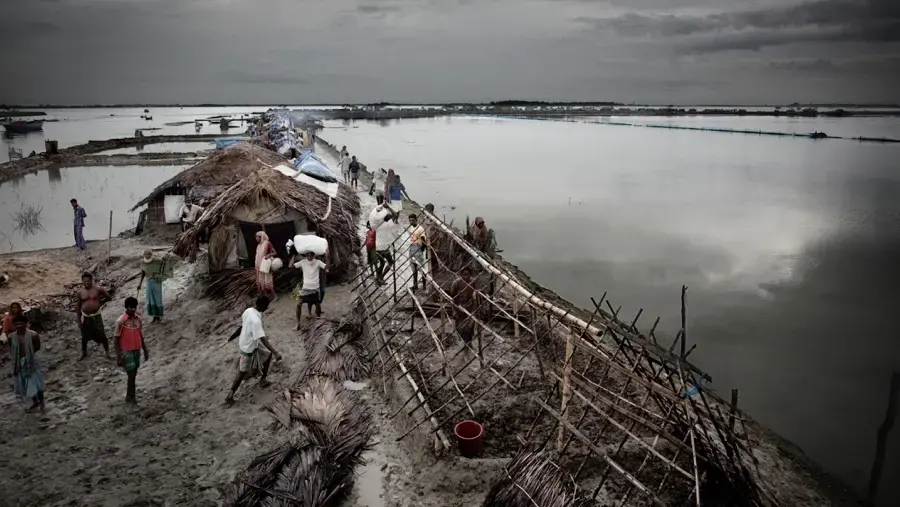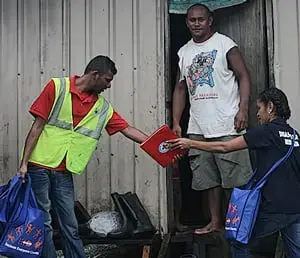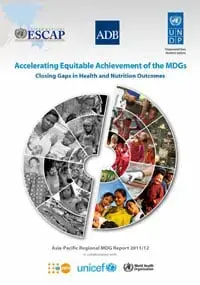Humanitarian Profile: Rumana Khan
“It has only been a few years that we really started thinking of gender-based violence in an emergency”
Rumana Khan is the Gender-Based Violence Sub-Cluster Coordinator with UNFPA in Bangladesh. She is part of a community of humanitarians who are innovating to anticipate the needs of the most vulnerable and support them during disasters. While early warning and evacuations are well advanced, Rumana says protection against gender-based violence in an emergency is a relatively new aspect among humanitarians addressing disasters in Bangladesh. She leads a national gender-based violence sub-cluster that builds capacity in gender-based violence in emergencies, ensures quality and standardization of efforts during disasters and shares data with partners to improve future responses.
“There is a growing crisis with climate-related disasters,” Rumana says.
She says the intensity and frequency of the floods have increased in recent years and it’s creating greater vulnerabilities for women and girls. “The impact that it has on the lives of the people is significant,” she says. “Besides tropical cyclones we get tidal surges and that also adds to the number of displacements.”
“Before the pandemic, community engagement was key in reducing child marriage, preventing gender-based violence. With the start of restricted movements, lockdown measures and increasing community transmission of COVID-19, community mobilization programs have stopped in many places.”
Rumana says the back-to-back disasters and displacement makes it even harder for communities to recover, especially women, girls and the marginalized groups. “A large proportion of the population is still below the poverty line, and recurring disasters reduce their ability to safeguard themselves or even to recover from the impact."
With a population of 166.3 million and floods becoming more severe, disasters can wipe out livelihoods and leave communities at risk. Particularly women, girls, and third gender individuals are vulnerable and with an intersectional approach, humanitarian teams are finding that the impact of disasters on these vulnerable groups is even greater.
COVID-19 has made protection of these groups harder. “Before the pandemic, community engagement was key in reducing child marriage, preventing gender-based violence. With the start of restricted movements, lockdown measures and increasing community transmission of COVID-19, community mobilization programs have stopped in many places.”
Despite the setback from COVID-19, Rumana has seen progress in the way Bangladesh handles disasters. “Disaster management in Bangladesh has had a lot of success in terms of saving lives and reducing mortalities during cyclones and this has been possible because of successful early warning and evacuation to shelters.”
“Disaster management in Bangladesh has had a lot of success in terms of saving lives and reducing mortalities during cyclones and this has been possible because of successful early warning and evacuation to shelters.”
The national Cyclone Preparedness Program coordinates community volunteers who play a crucial role in sharing early warning messages and evacuations to shelters. There are also systems in place to provide life-saving assistance of food and water in the shelter.
While early warning and evacuations are well advanced, Rumana says protection against gender-based violence in an emergency is a relatively new aspect among humanitarians addressing disasters in Bangladesh. She leads a national GBV sub-cluster that builds capacity in gender-based violence in emergencies, ensures quality and standardization of efforts during disasters and shares data with partners to improve future responses.
“It has only been a few years that we really started thinking of gender-based violence in an emergency,” she says. “Sadly many people are still complacent about it.”
Gender-based violence in emergencies is inadequately addressed in the disaster management policies in Bangladesh. However, the sub-cluster and its efforts to deliver the ‘Minimum Standards for Prevention and Response to Gender-based Violence in Emergencies’ is strengthening the capacity of local NGOs and government and these are reasons for hope.
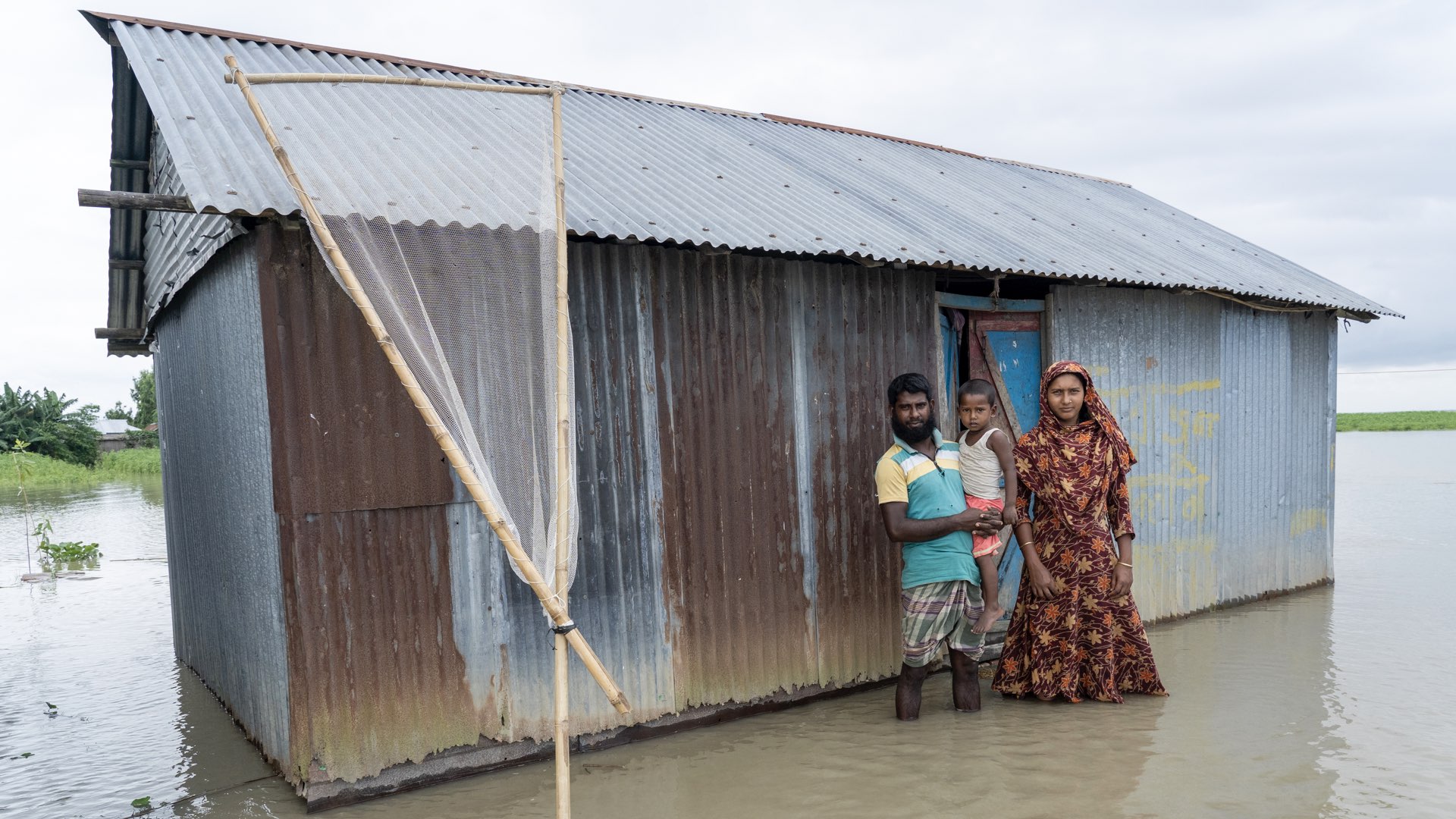
The sub-cluster she leads plays a key role in making sure all community service providers are equipped to handle the needs of the most vulnerable. “Information sharing is a big part of our coordination,” she says. “We work on contingency planning at the cluster level; we prepare humanitarian response plans specific to disasters.”
“Information sharing is a big part of our coordination. We work on contingency planning at the cluster level; we prepare humanitarian response plans specific to disasters.”
The sub-cluster has led an initiative of district level profiling of gender-based violence situations. “We have identified indicators which help us see red flags in terms of services specific to protection of women and girls - whether being adequately provided or not,” she says.
The sub-national level working groups on GBV facilitates local and community-based NGOs to coordinate with government service providers including the social welfare, police and representatives from the One-Stop Crisis Centers. They are the sources of data that help outline a picture of the challenges on the ground.
The sub-cluster creates a culture of collaboration and improved efficiency in the responses. This has led to the development of a system of anticipatory action. The idea is that humanitarians act even before the disaster hits.
"Once the anticipatory action system is activated, partners need to complete their actions within five days before the water comes down and floods the areas at risk."
Using a forecast data model of how much rainfall will lead to floods, the system is designed to distribute supplies and prepare for service delivery before the bridges and roads get washed out. Weather models are used to trigger activation of the anticipatory action and partners go into action before the floods hit. “Once the anticipatory action system is activated, partners need to complete their actions within five days before the water comes down and floods the areas at risk,” she says.
The idea is to ensure communities are supported with adequate risk mitigation measures. “We provide support so they are able to survive the flood better,” she says. “It reduces the need for response and is also more cost effective. Anticipatory action is also seen as a more dignified rights-based approach."
“We provide support so they are able to survive the flood better. It reduces the need for response and is also more cost effective. Anticipatory action is also seen as a more dignified rights-based approach."
“Floods are recurring incidents,” she says. “We have a good record of these incidents happening so we can anticipate when the flood will happen in these communities.”
Supporting partners and the local government organizations who are living in the community is essential, because their lives are affected. “These are small organizations” she says. “Most of them are women-led organizations and they are often underfunded.”
These partner organizations sometimes do not have safety items for themselves or supplies to reach the target population. “Women are usually front-liners,” she says. “Because our partners are women, they are able to reach those women and girls in affected populations. During a flood this becomes a challenge for them so we try to reduce the risk.”
Rumana says they are trying to build the capacity of community volunteers so they can take mitigation measures on their own.
“Women are usually front-liners. Because our partners are women, they are able to reach those women and girls in affected populations. "
During the pandemic, Rumana and partners have sought to improve digital services to maintain support for communities by increasing discussions on key issues including mental health. “We have boosted the virtual support through phone services like the hotline,” she says. “Women and girls can call up to ask for advice on sexual reproductive health, gender-based violence or get support for mental health.”
Despite many innovations in humanitarian work like digital connectivity and anticipatory action, gender inequality remains a challenge in Bangladesh. “This is a very male-dominated industry where you see very few women in decision-making roles. This narrative of gender imbalance must change.”
This gender imbalance motivates Rumana to stay in the field of humanitarian response. She says she is “keeping the space” for women.
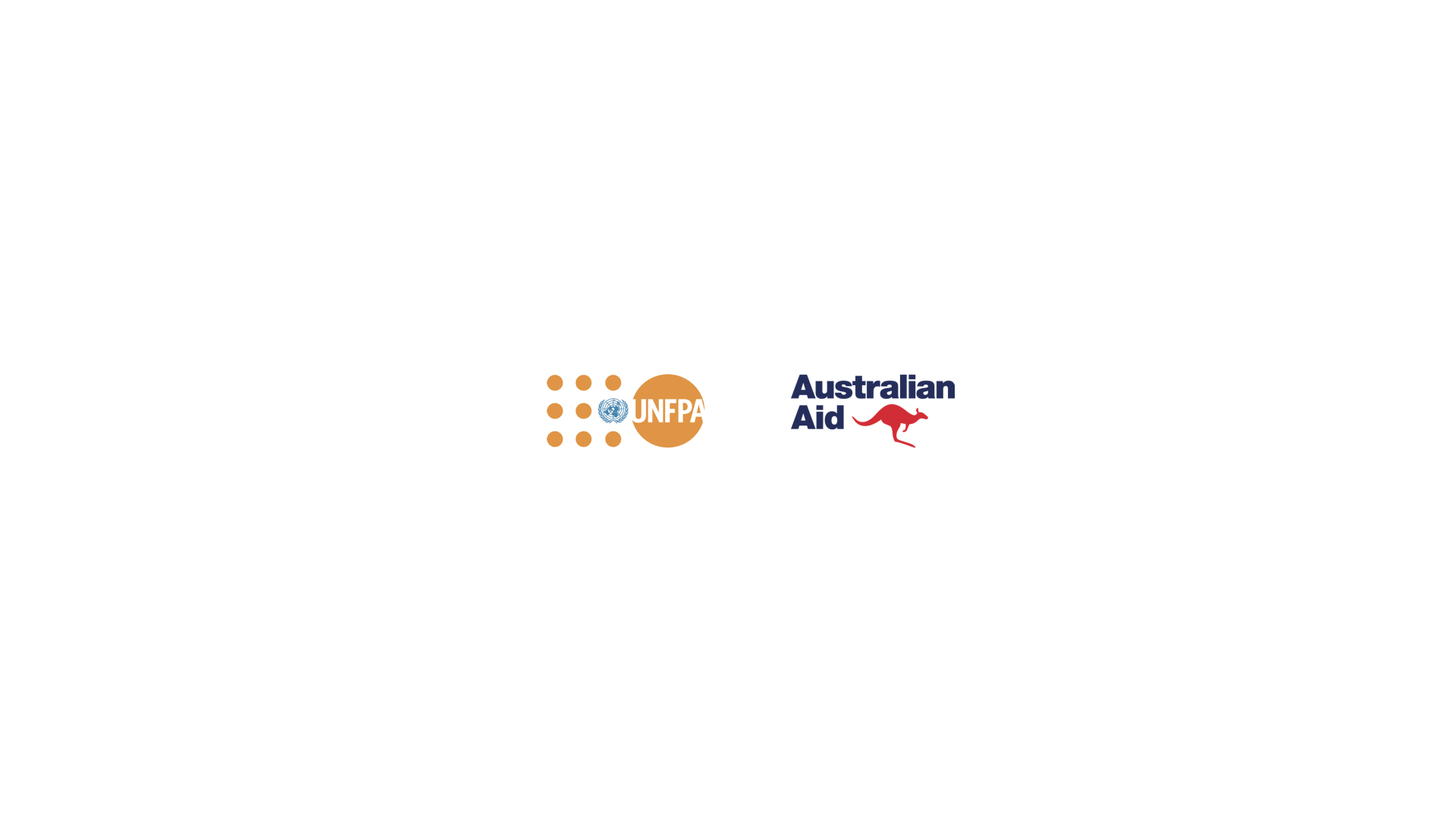
UNFPA and partners are grateful for the support from the Government of Australia Department of Foreign Affairs and Trade to prevent and respond to gender-based violence.
Learn more
Minimum Standards for Prevention and Response to Gender-based Violence in Emergencies

